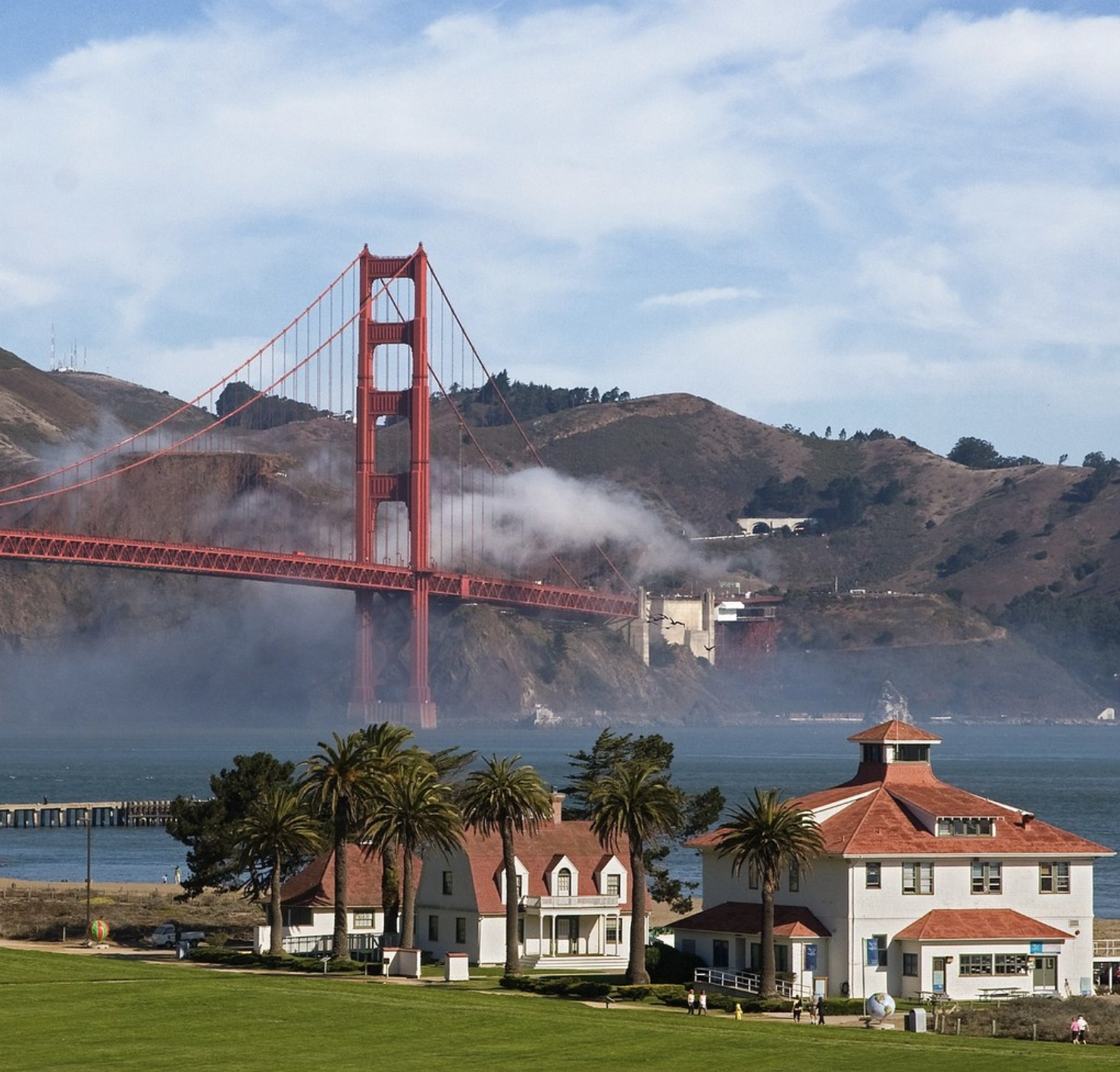
Justin Slaughter

On June 2, 1892, in the ostensibly progressive railroad town of Port Jervis, New York, a white mob lynched Robert Lewis, a Black teamster who was accused of assaulting a white woman. The murder of Lewis is the subject of historian Philip Dray’s absorbing new book, A Lynching at Port Jervis: Race and Reckoning in the Gilded Age. A jury soon acquitted all of the accused, forcing the local coroner to render the murder committed by “persons unknown,” the “ubiquitous last word of coroner’s findings throughout the South, now invoked here in Port Jervis,” as Dray writes. That coroner’s 
In April 2014, a group of protesters in Oakland blockaded a purple coach bus that was transporting Yahoo! employees to their Silicon Valley offices. Demonstrating against the tech-fueled inequalities in the Bay Area, one member of the protest climbed on top and intentionally vomited down the bus’s front windshield. Shortly after the incident, Oakland resident Sonja Trauss read a TechCrunch essay explaining how the “vomiting anarchist” had been born out of decades of inequitable Bay Area housing policies. Trauss, a thirty-two-year-old former teacher and “marginally employed rabble-rouser,” concluded that “the bus protestors were right to be angry about rent but 
More than a century before Antifa or Occupy Wall Street, thousands showed up to hear lectures on wealth inequality and its discontents from Lucy Parsons, the subject of Jacqueline Jones engrossing new biography, Goddess of Anarchy. A former slave, Parsons transformed herself from a rural seamstress with only the “bare bones of a formal education” into a revolutionary essayist, orator, and celebrity. Railing against the Dickensian horrors of capitalism from the Gilded Age through the Great Depression, Parsons was one of the few female activists of color to capture a mass audience. But despite Parsons’s fantastic life story, Goddess of The idea of an autocratic regime ruling America has long been a preoccupation of alternate-history enthusiasts and sci-fi authors. With Donald Trump now in office, those fictions suddenly seem all too real. (The Republican National Convention, at which Trump bellowed “I am your voice,” and insisted that he alone can fix the nation’s problems, was like a scary set piece from a dystopian novel.) In 2015, Amazon began streaming a slick TV adaptation of one of this genre’s best books, Philip K. Dick’s The Man in the High Castle. Both the book and the show take place in an alternate The theme park at the center of Westworld—HBO’s new series, adapted from the 1973 sci-fi film written and directed by novelist Michael Crichton—is a simulation of a dirt-on-the brow, snake-in-the-boot nineteenth century frontier town where the only consequence of sin and murder is profit. The park’s hosts are sentient androids covered in impeccable artificial flesh, ignorant of the fact that the “new comers” to the park’s central town of Sweetwater are human guests who pay $40,000 per day for the chance to lay a saloon prostitute or shoot a man just to watch him die. But as expected from Crichton’s